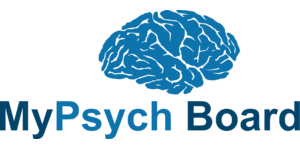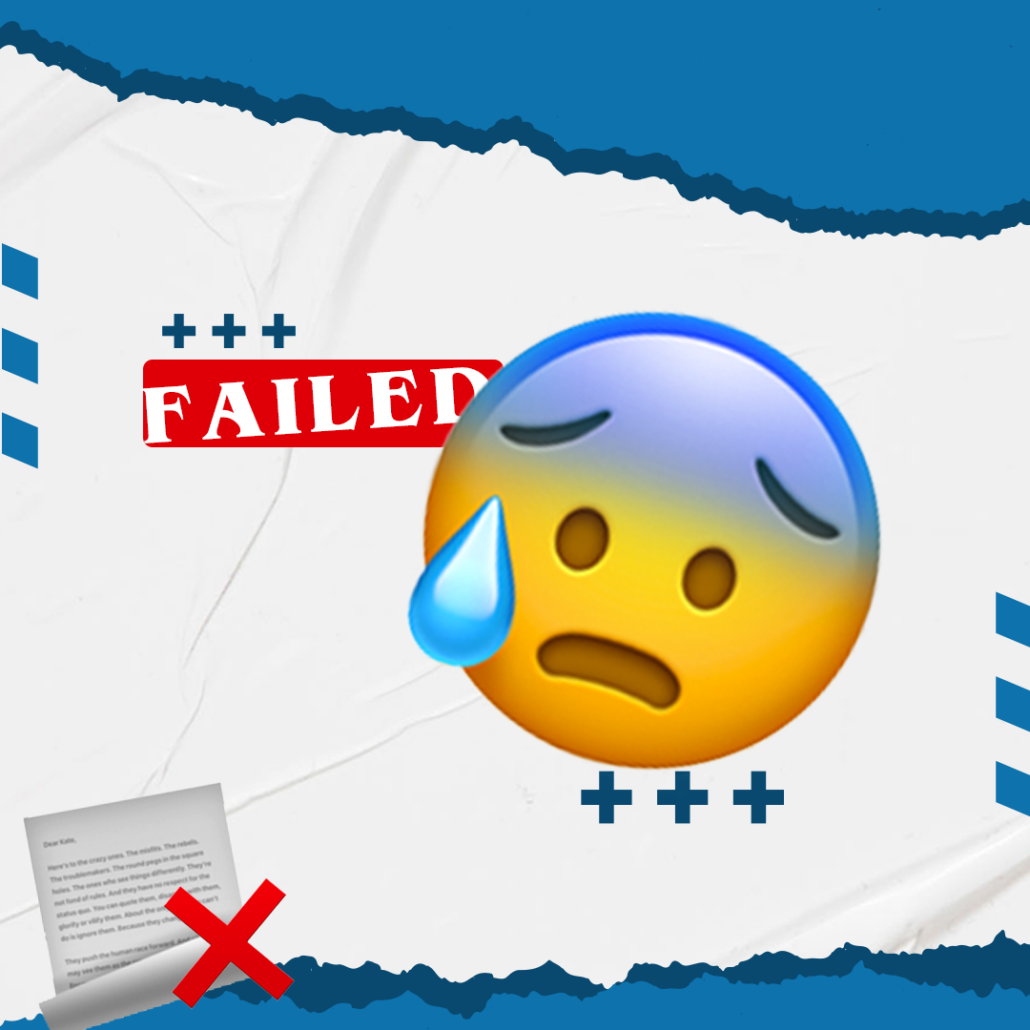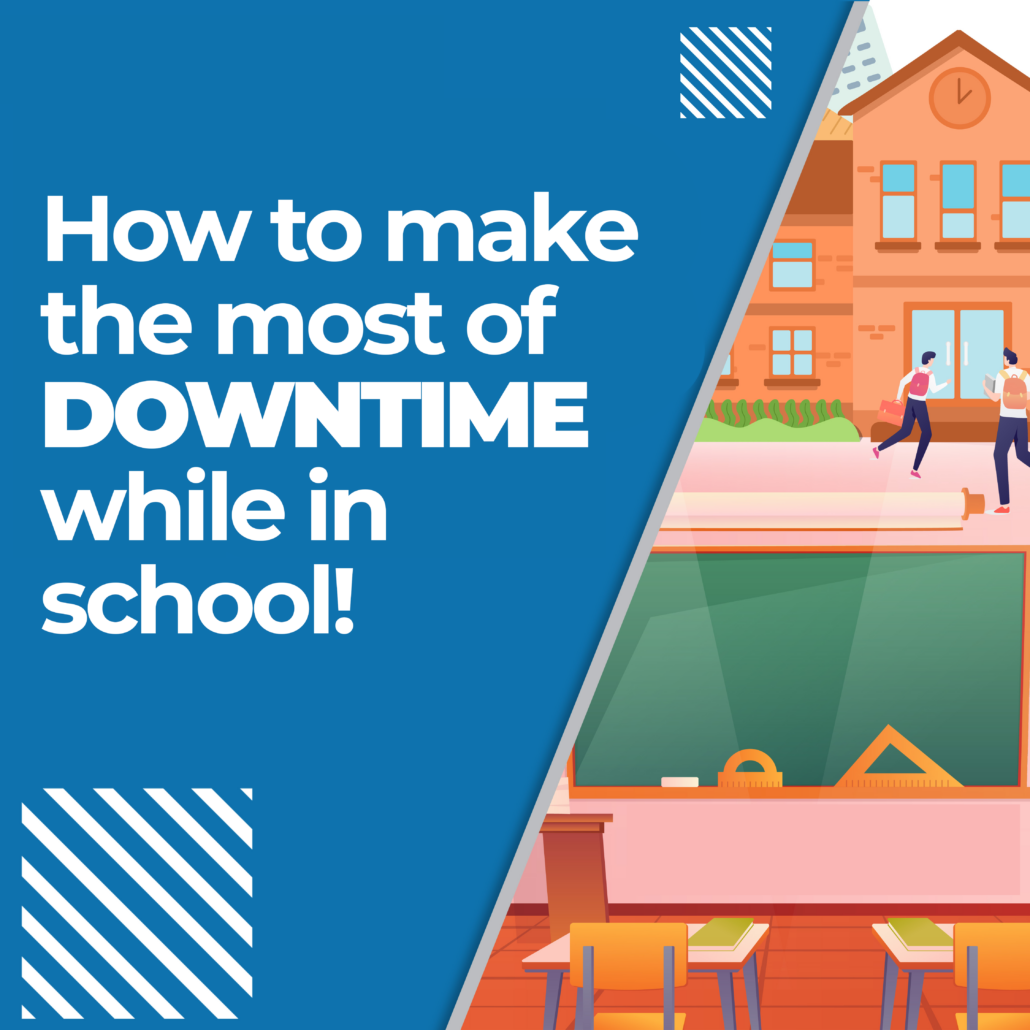Clinical Vignettes and How to Ace Them

What are clinical vignettes?
Clinical vignettes are a huge portion of most board exams. They present a scenario to the reader which includes key information they will need to answer a series of questions.
These questions may be syndrome related to identify a condition the case patient is being presented with; they may be symptom related to determine a symptom of a given condition based on the patient’s given history; or they may be treatment related to decide the best course of action for treatment of a given condition. Really, the sky is the limit when it comes to these tricky questions.
Vignettes are helpful learning tools. They hone in on your critical thinking, they test your attention to detail, and they provide a more realistic experience of how to discern information you’re given from a patient to make the best choices. Sometimes they can seem like a giant, tangled mess. Here’s how to untangle it and get started!
Where to start?
Let’s use an example (straight from our question banks!):
“Matt is a 13-year-old patient who is brought to see you because of behavioral problems. His parents report that in the last year Matt has had four separate occasions of intense aggression resulting in physical violence. The outbursts do not last long, typically abating within 20 minutes. The behavior is not in character for Matt and do not seem precipitated by a specifically intense trigger. In one instance he was unable to go to a friend’s house; he began screaming and hitting walls which lead to his hands becoming badly bruised. His outbursts are causing significant distress to his family, who are becoming more and more apprehensive of him harming them or himself. There have not been any major life events in the last year, and he is not diagnosed with any existing medical or mental conditions.“
Following this, you are presented with question such as: “What is the likely diagnosis?” or “What prognostic factors could have increased the likelihood of Matt developing this condition?”
Break it down
The first thing to do is look for key demographic and symptom information. In this vignette, we have an adolescent patient who is male. The vignette also tells us right away that he has behavioral issues. Knowing this narrows down the possibilities. Occam’s razor is true for most cases; you wouldn’t assume a 13-year-old is dealing with frontotemporal dementia for his behavior problems!
Next, look for symptoms ranges. This vignette tells us he’s been experiencing issues for the last year. This is important to know if the symptoms are a new, acute experience or something that has been persisting. It also helps as most diagnoses have requirements on how long symptoms must be present for.
Then, look for the 4 D’s: deviance, distress, dysfunction, and danger. Do the behaviors being presented fit into these criteria? Or is the patient experiencing sub-clinical symptoms with poor coping skills?
Process of Elimination, Vignettes style
Clinical vignettes are almost always multiple choice questions. You’ll be given five or more answer choices with each question and must choose the best option(s). Sometimes there’s more than one answer! Using our example above of “What is the likely diagnosis?“, you may be given answer options of:
A Oppositional defiant disorder
B Intermittent Explosive disorder
C Conduct disorder
D Disruptive Mood Dysregulation disorder
E Antisocial personality disorder
Least likely choices:
Now we need to look at each answer, and applying Occam’s razor, eliminate the least likely choices. Conduct disorder (choice C) does not match the presenting case as Matt does not show persistent disregard for other people or animals, deceitfulness or theft, or serious violation of rules. He does show intense aggression and destruction of property, but these are in brief occurrences and not a chronic issue.
Moving on to Disruptive mood dysregulation disorder (choice D), it also does not fit this scenario as it also requires the patient to have a persistent, irritable, negative mood most of the day every day; further, it cannot be diagnosed unless the behavior began before the age of 10. Matt’s parents have reported that this behavior has only been present for the last year in isolated incidents starting when Matt was 12.
Let’s look at Antisocial personality disorder (choice E). This condition cannot be diagnosed until the patient is 18, with specific disregard for the rights of others being present from the age of 15. Kick that one out.
And Oppositional defiant disorder (choice A). This is recognizable by persistent angry, irritable, vindictive, and argumentative behavior that is noticeable at least once a week for at least six months for Matt’s current age (attention to detail!).
Most likely choice:
Matt is presenting with symptoms that best match intermittent explosive disorder (choice B). His behavioral problems have only arisen in the last year with isolated incidents of intense, aggressive outbursts. The events are not precipitated by major life events or stressors, and the reaction is grossly disproportionate to the triggering incident.
Timing is Everything
The hardest part of mastering vignettes is being able to do them within time constraints. Generally, a board exam allows about 1 minute per question on the exam. 60 seconds is not a lot of time to gather all the information, discern what is valid or not, and eliminate the least likely options.
So what is the secret? The true key is practice, practice, practice. You know your DSM conditions, you know their criteria. You just have to practice the mechanics of gathering information and making critical choices from it. And what better way to do that than to give our clinical vignettes a try- totally FREE? – using our Free Trial!
We tailor each bank to the type of test you’re taking, whether that is Nurse Practitioner Mental Health Certification, ABPN, USMLE, or PRITE. You can take these practice exams over and over again until you get the hang of it. You can use a practice mode that doesn’t penalize for time, or you can use the timed mode that mimics the actual exam.
We want to help you MASTER clinical vignettes. They’re the part of exams most people do the worst on. Let’s tackle this and make it your strongest section! If you like what you see on the trial, check out our Question Banks and find the best option for you! Or, contact us with any questions you have so we can get you on the right path today!



